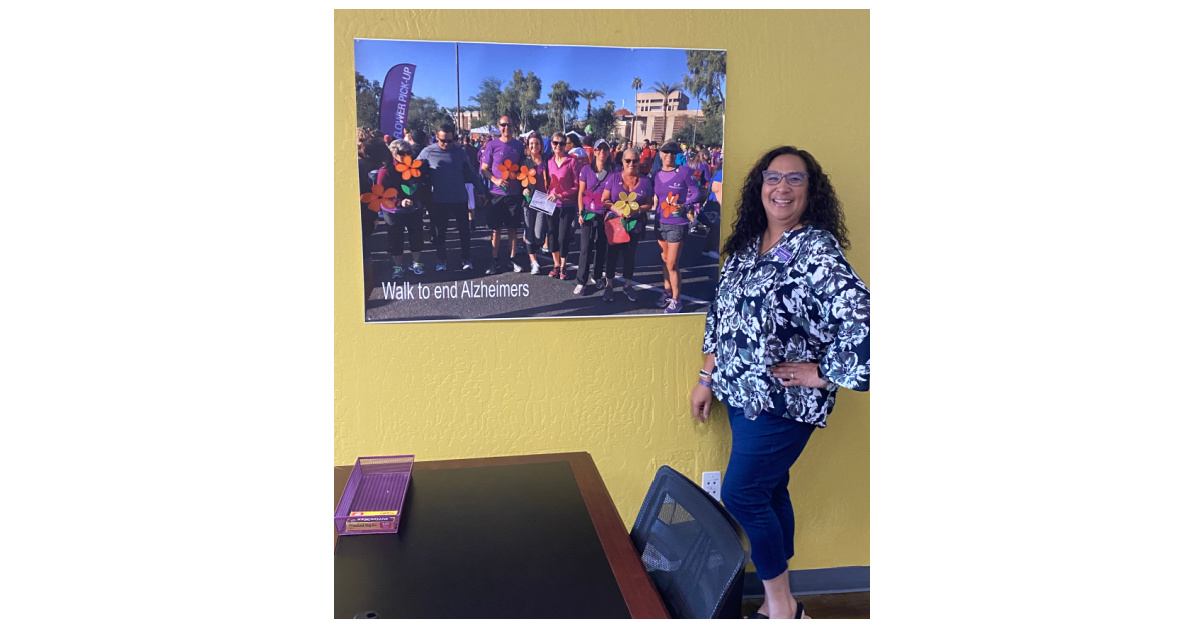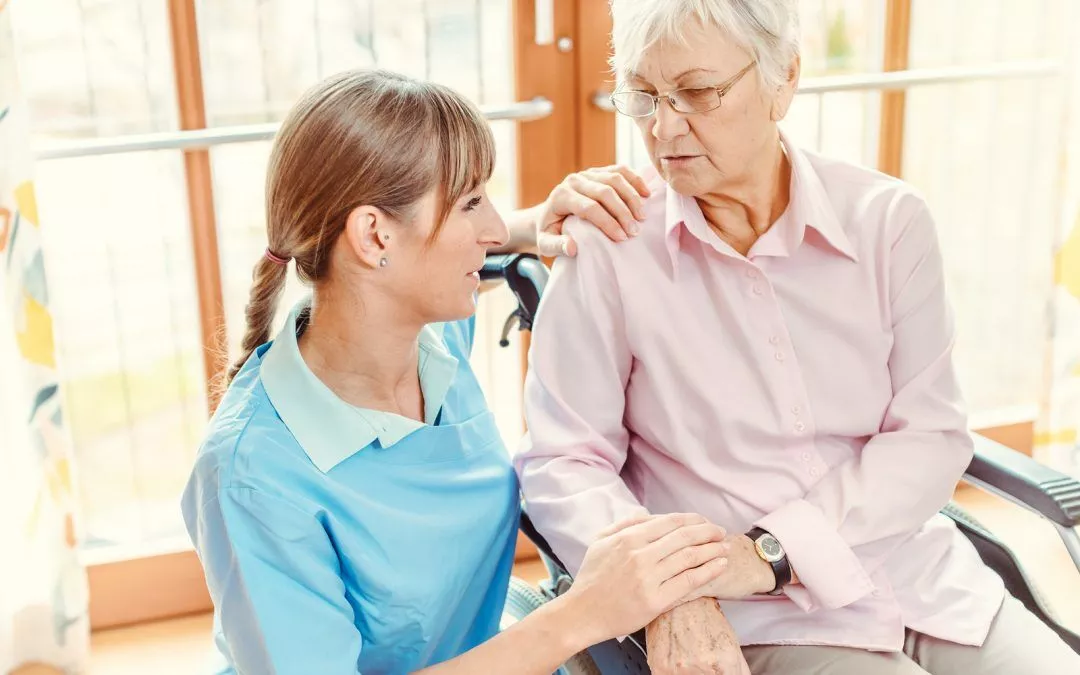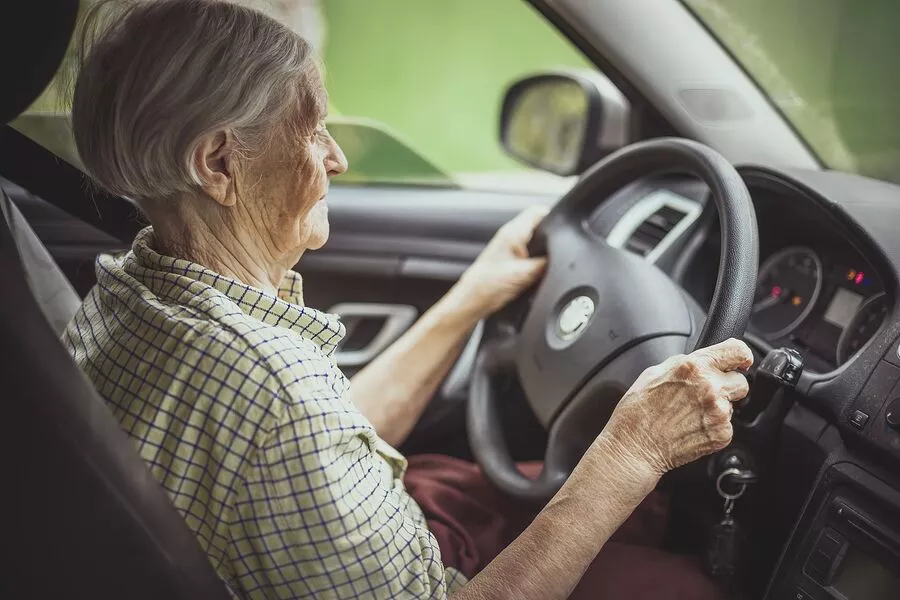Many people think of mental illness as something affecting teens and young adults, but fewer people realize that the elderly are just as likely to be experiencing problems with their mental health. Twenty million older adults have at least one mental health issue. Depression and chronic anxiety are the two most common.
A bigger problem is that many people with mental health disorders do not get the treatment they need. WHO and PAHO estimate that 66% of older adults fall into what’s called a “Treatment Gap” and receive no care for their mental health. This is concerning as 90% of older adults also reported not feeling that they get enough support, whether it’s from family and friends, their community, or the medical profession.
It might be that your dad is ashamed and doesn’t want to mention it to his doctor. He may have tried to bring it up and wasn’t taken as seriously as he expected. Either way, mental health is not something to ignore.
May is Mental Health Awareness Month. These are the most common mental health issues and the things you can do to support your dad if he has any of them.
Anxiety
Anxiety is one of the most common, and it can be tied to excessive stress that’s not properly managed or past events that left lasting scars. There are many types of anxiety and some of the more common are:
- Generalized Anxiety – Anxiety that happens every day that can be about anything.
- Social Anxiety – Becoming extremely anxious in social settings, such as a holiday party or while shopping.
If anxiety isn’t addressed, it can build into panic disorder. A full-blown panic attack will hit and cause symptoms like a racing heart, chest pain, chills, feelings of detachment, tingling hands and feet, nausea, dizziness, etc. As many of the symptoms mimic a heart attack or stroke, it can be alarming and that fear only makes it worse.
When he’s dealing with anxiety, your dad may find it comforting to have people around more often. Try to make sure companionship visits are boosted.
Bipolar Disorder
Someone who is bipolar goes through good and bad periods where that person can be feeling fantastic and full of life one day and then experience a depressive episode the next. These waves of ups and downs can be exhausting and isolating.
Your dad will be prescribed medications to help balance his mood. He must take them each day.
Cognitive Impairment
Cognitive impairment is also a mental health condition. This includes things like Alzheimer’s where the brain’s deterioration affects mood, memory, and behavior.
In the early stages of dementia, there’s not much that needs to be done. It is a good time to address advance directives and estate plans. As the disease progresses, help with personal care, housekeeping, transportation, and meals are all important.
Depression
Depression is a disorder that affects how you think, feel, and act. Someone who is depressed may withdraw from others. You might notice your dad stays in bed all morning and doesn’t ever want to get out of bed. He’ll lose interest in activities that he used to enjoy.
He needs to see his doctor and have an honest conversation. If his doctor dismisses him, make sure you advocate for your dad to get proper treatment.
In-home care is a good way to provide your dad with the companionship and household help he needs as he focuses on de-stressing and improving his mental health. His caregiver can drive him to therapy sessions, support groups, and other counseling sessions.
He’ll also have a caregiver to accompany him on walks in nature, shopping trips, and time spent in his gardens. Learn more about these and the other benefits of in-home care.
Sources:
https://www.ncoa.org/article/how-to-improve-access-to-mental-health-and-substance-use-care-for-older-adults
https://www3.paho.org/hq/index.php?option=com_content&view=article&id=9877:seniors-mental-health&Itemid=0&lang=en#gsc.tab=0
https://www.cdc.gov/aging/pdf/mental_health.pdf
If you or an aging loved one is considering in-home care in Phoenix, AZ, please call the caring staff at Golden Heart Senior Care of Scottsdale at (480) 284-7360. We are here to help!









